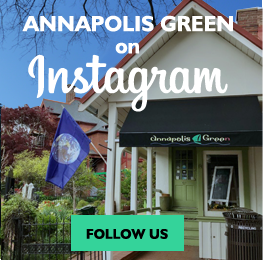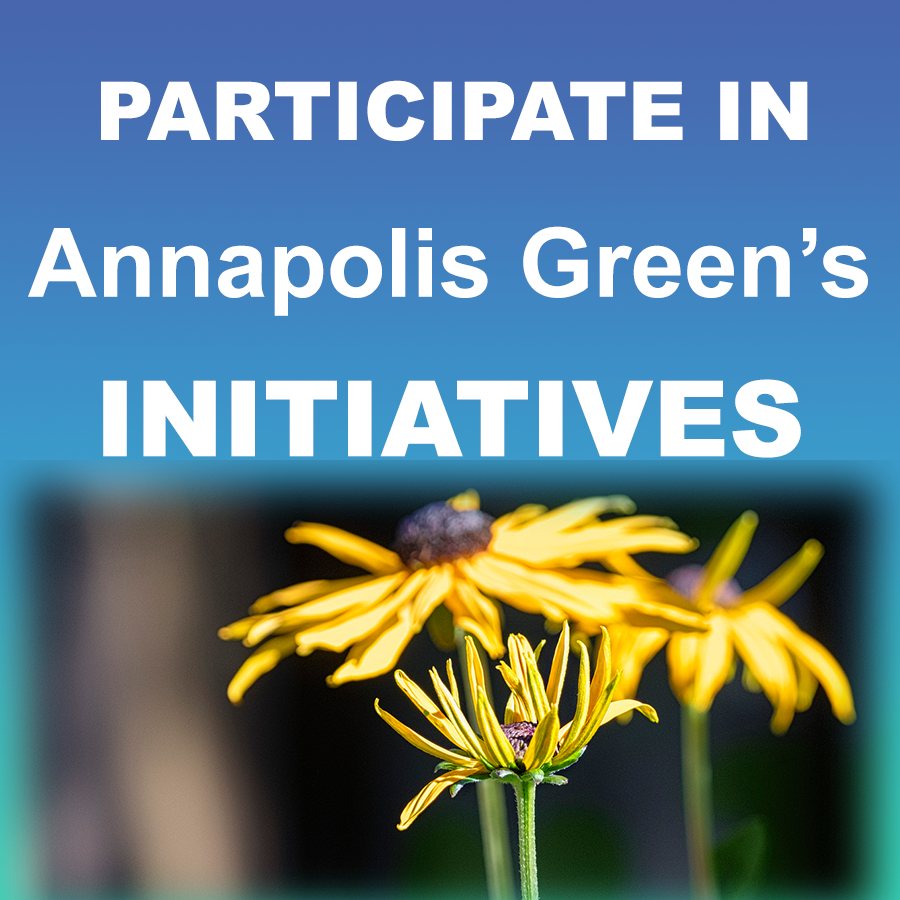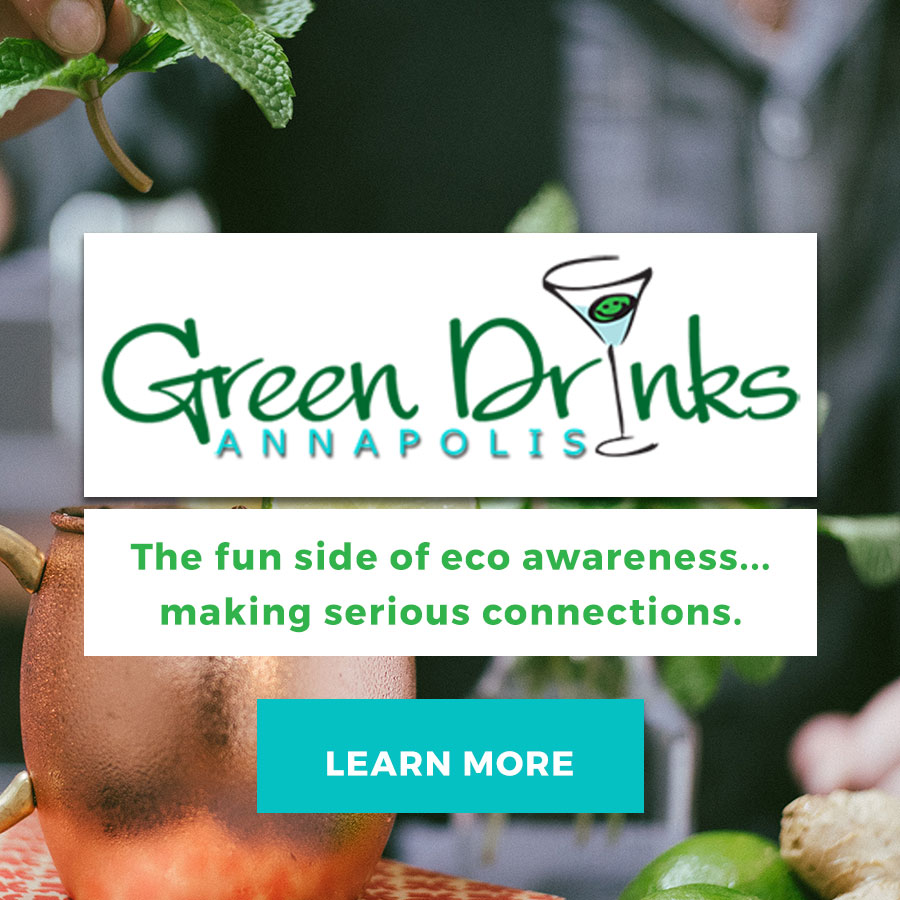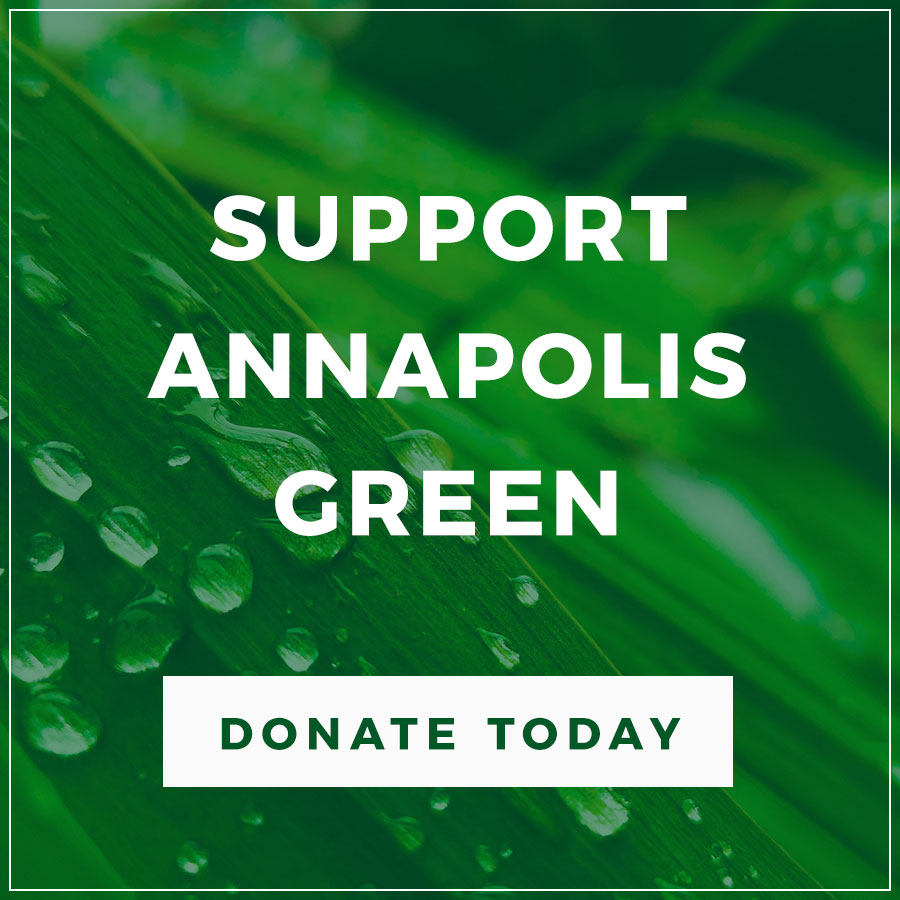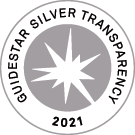After the Crab Feast: The Other Side of the Story
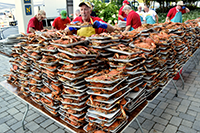
On August 5, the Annapolis Rotary Club will bring back an iconic Annapolis tradition by holding its 77thAnnual Crab Feast – in person – after two years of carry out crabs. This “World’s Largest Crab Feast” at the Navy-Marine Corps Memorial Stadium concourse has historically brought together several thousand “feasters” to enjoy crabs, crab soup, hot dogs, cole slaw, baked beans, Eastern Shore corn on the cob and watermelon, served by Rotarians and non-Rotarian volunteers.
Several years ago Annapolis Green worked with Rotarians to make this the “World’s Largest Zero-Waste Crab Feast” by instituting environmentally friendly practices so that almost nothing goes to the landfill and all is either recycled or composted.
For some the Crab Feast is an annual family reunion. For others, it’s a yearly get-together with friends they don’t often see. For a lot of “newbies,” it’s a chance to learn how to pick crabs and enjoy the Bay seasoning-infused bounty of the Chesapeake including our beloved crustacean, Callinectes sapidus, the beautiful swimmer, or Atlantic Blue Crab.
What you see at the Crab Feast is a lot of people having a great time. It’s the organization’s largest fundraiser and the proceeds go back into the community in the form of grants for various worthy causes.
What you don’t see, unless you’re paying attention, has to do with what’s left over after all the Feasters have gone home, the stadium concourse is washed down, and the event is a fond memory. What you don’t see are the three big dumpsters full of waste. But this story has a happy ending.
Nine years ago, when Annapolis Green approached the Rotary proposing to Green the Crab Feast we knew, from working with other large events, that it was possible to reduce and rechannel the waste. And we knew that doing so would also save Rotary money while running the event in an eco friendly manner.
Before Annapolis Green got into the picture with our Responsible Events and Festivals Program (the Green REF), a bit of the Crab Feast waste was recycled – plastic bottles and metal cans, mainly – and the rest went straight to the landfill. It was the way it had always been done. But times are a-changing as is our climate and now we have to think and act with the future in mind. We showed the Rotarians how to change a few practices and they enthusiastically agreed.
In the past couple of feasts we worked before COVID, we could count on less than a dumpster full of recycling and over 15 tons of organic waste – that is crab shells, watermelon rinds, hot dog buns, soup bit – collected for composting. But what really made this Zero-Waste is the fact that we convinced Rotary to ditch plastic plates, knives, forks, and cups and go with compostable items instead. It was a lot of fun to explain to feasters that yes, that knife was made from plants and that composting all the waste would result in creation of a soil amendment (natural fertilizer) that completed the circle of life. That is – the bounty of the Bay and the land would be returned to the land in the form of compost, just as Nature intended.
This was only possible because our program’s composting is done on an industrial scale. We work with the only licensed commercial composting facility in this area, Veteran Compost. The company’s huge piles of organic material get hot enough to break down everything, even the shells, in about two months. In working with Veteran Compost we get another sense of satisfaction too in that the thriving company was set up by a veteran to employ other vets.
Most Feasters were astounded to hear about the composting. This caused them to take pride in doing the right thing. We saw it over and over as Feasters put their feast waste into the compost bin. Our volunteers said thank you, and the Feasters beamed.
Is running the Crab Feast in this way difficult? Not really. Since we’ve helped Rotary procure compostable versions of everything – including beer cups – the clean-up is much faster and easier. And yes, they are SAVING money on paper goods, cutlery, cups, bowls, you name it.
And this year, the waste aspect of the feast will be run solely by the Rotarians. We like to say Rotary has “graduated,” in that Annapolis Green is consulting and not carrying out the waste collection. Please, if you go to the feast, congratulate Rotary on what they are doing for Mother Nature.
This event demonstrates that with an established program like ours – that includes public education – and a willing host organization, the smallest and the biggest events can be Earth friendly. We’ll be glad to show you how to do it.
By Elvia Thompson
